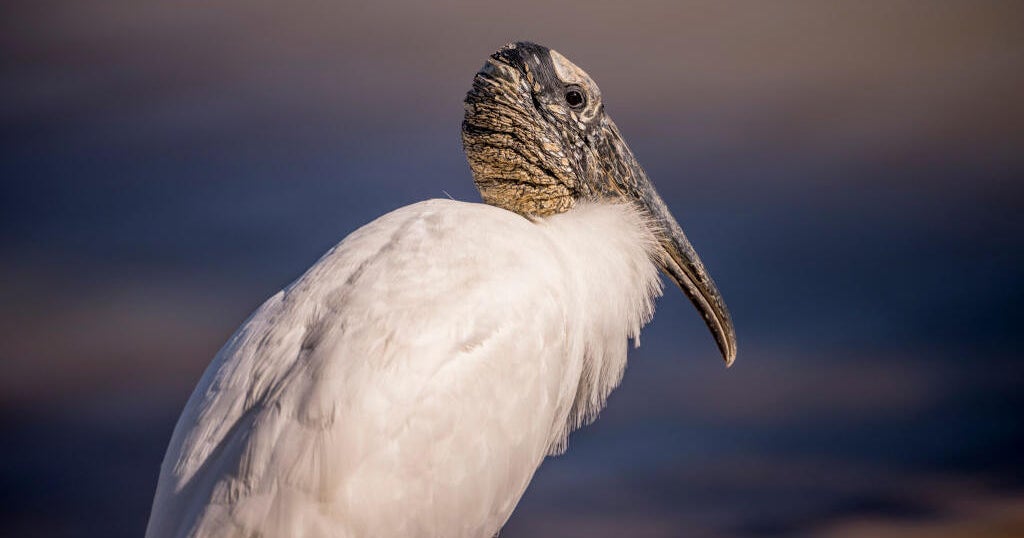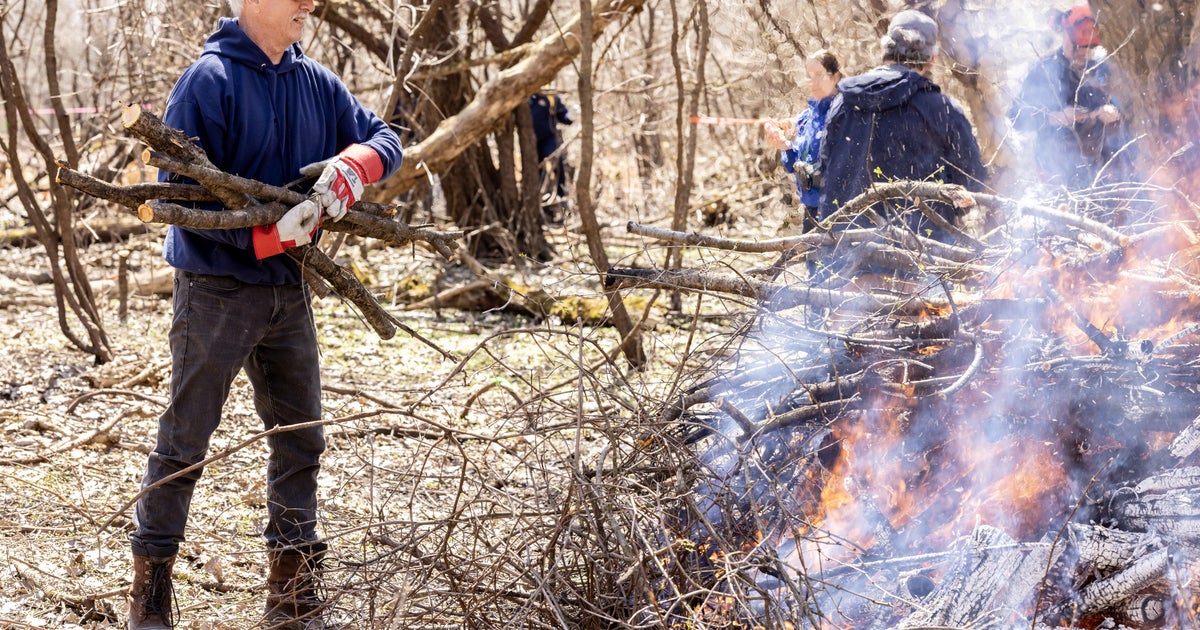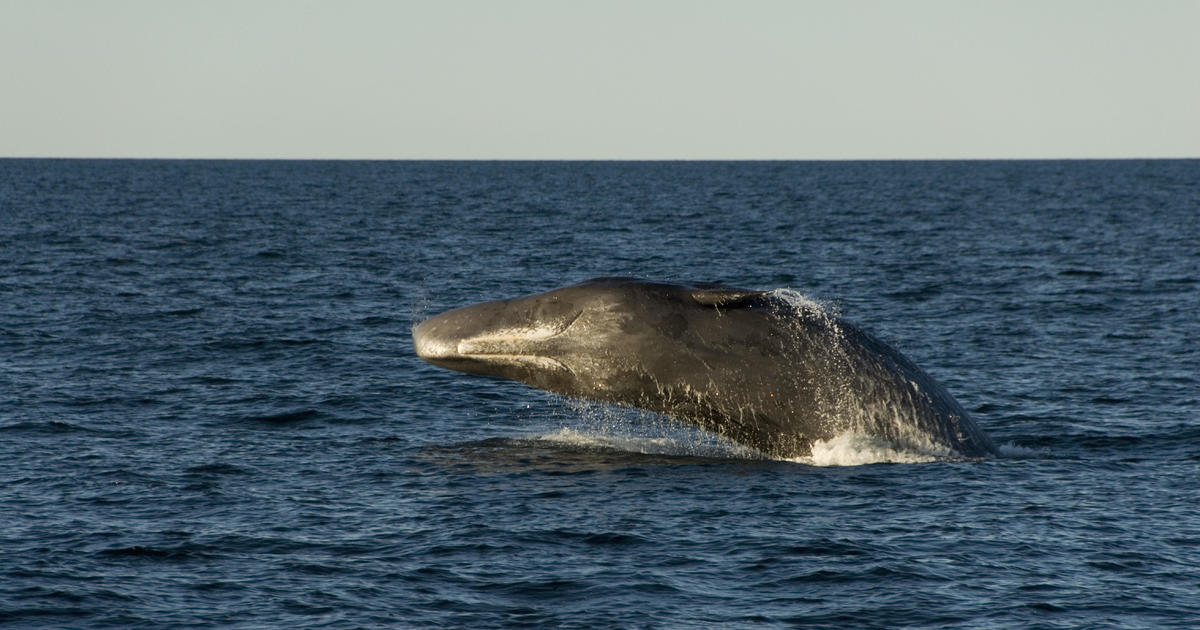Invasive species meet their match: lab-raised killer bugs
Palisade, Colorado — Nestled in the foothills of Western Colorado, inside an unassuming laboratory, is a nursery of killer bugs.
The exotic insects, raised by specialists like Kristi Gladem with the Palisade Insectary, are intentionally set free into the wild to provide biological control against invasive species of bugs and plants that are threatening the nation's food and water supply, at an annual cost of $26 billion dollars, according to the U.S. Department of Agriculture.
"Once they're released, then they can spread naturally, grow their population and provide control," Gladem told CBS News.
"Biological control attempts to reestablish the predator-prey balance of these invasive species," she explained. "When you reintroduce their predators from where they originally came from, you're tapping into a millennia-long evolutionary arms race where these predators are much better able and capable of suppressing the population of the pest than humans will ever be."
The Palisade Insectary hatched in the 1940s, when international trade began accidentally importing invasive bugs. It's one of three facilities in the country providing public lands and organic farmers with a pesticide-free approach to eradication.
Brant Harrison, who has been growing organic peaches for decades, called the approach "the savior of the fruit growing industry."
"There's a lot of problems that we organically cannot deal with in a major way," he told CBS News.
Gladem said each killer bug is studied in controlled field settings for up to 20 years to ensure they don't prey on other native species. The studies are also monitored by the federal government. Twenty-seven control agents have been developed with a reported 100% success rate.
Gladem is now focused on two emerging threats — water gulping yellow thistle, which has invaded 25% of drought-stricken California — and the ash borer, which is killing trees and helping fuel the West's wildfires.




